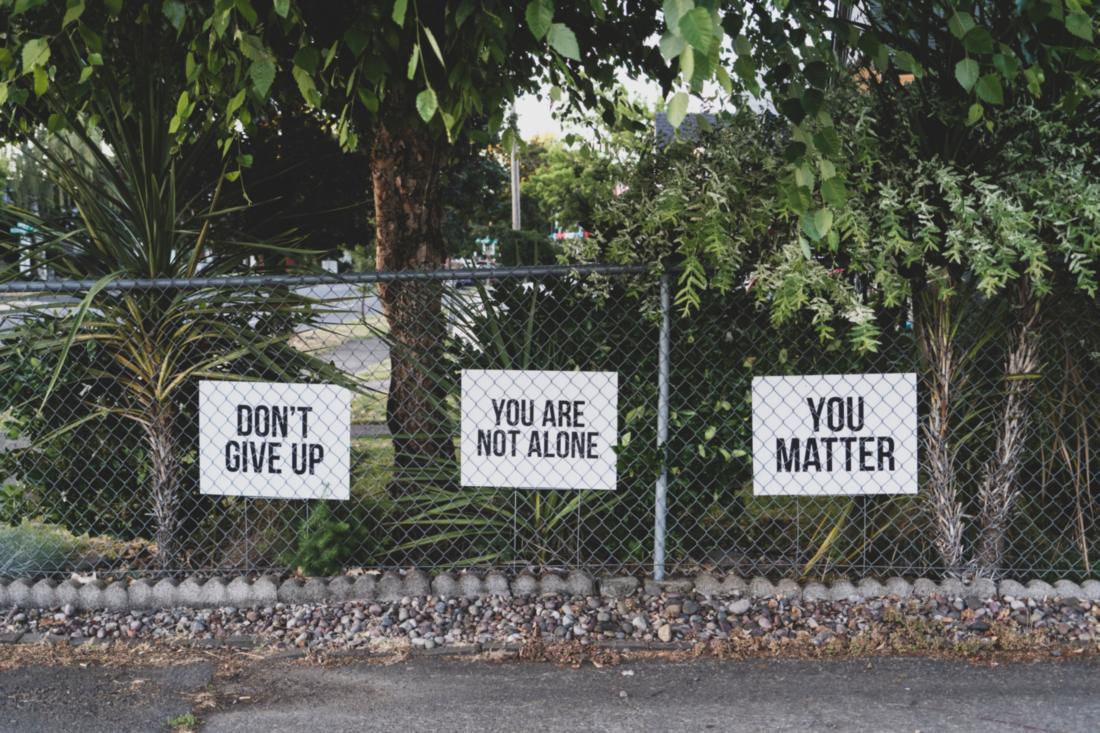- You have no items in your shopping cart
- Continue Shopping

Discover the ZenLines approach to mindful productivity. Learn how cultivating self-compassion and inner harmony empowers you to achieve goals with less stress.
Transform your relationship with productivity through mindful self-compassion
- Why Self-Kindness and Productivity Aren’t Opposites
- The Science Behind Self-Compassionate Success
- 5 Practical Ways to Practice Self-Kindness
- How to Stay Productive While Being Gentle
- Daily Self-Compassion Practices
- Your 7-Day Self-Kindness Challenge
Unfortunately, many of us believe that being kind to ourselves means we’ll become lazy or unproductive. We worry that without harsh self-criticism, we’ll lose our edge and stop achieving our goals.
The truth? Self-compassion actually makes you MORE productive, not less.
Research from Dr. Kristin Neff at the University of Texas shows that people who practice self-compassion have higher motivation, better emotional resilience, and greater long-term success than those who rely on self-criticism.
Why Self-Kindness and Productivity Aren’t Opposites
The Self-Criticism Trap
When you’re constantly harsh with yourself, several things happen:
- Energy depletion – Criticism drains mental resources needed for actual work
- Paralysis by perfection – Fear of failure prevents you from starting tasks
- Burnout acceleration – Pushing without compassion leads to exhaustion
- Decreased creativity – Stress hormones literally block innovative thinking
The Self-Compassion Advantage
Self-kind people, on the other hand:
- Bounce back faster from setbacks and mistakes
- Take more calculated risks because failure isn’t catastrophic
- Maintain consistent energy without emotional rollercoasters
- Focus better because they’re not fighting internal criticism
The Science Behind Self-Compassionate Success
What happens in your brain when you practice self-kindness:
- Decreased cortisol (stress hormone) levels
- Increased oxytocin (bonding and calm hormone) production
- Better prefrontal cortex function (executive decision-making)
- Reduced amygdala reactivity (less fight-or-flight response)
This neurological shift creates the perfect conditions for sustained, creative productivity.
5 Practical Ways to Practice Self-Kindness
1. Reframe Your Inner Voice
Instead of: “I’m so stupid for making this mistake.”
Try: “This is a learning opportunity. Everyone makes mistakes when trying new things.”
Daily Practice: Notice your self-talk for one hour each day. Write down harsh thoughts and rewrite them as you would speak to a dear friend.
2. Set Boundaries with Your Perfectionism
The 80/20 Rule for Self-Compassion:
- Aim for 80% completion on most tasks
- Reserve perfectionist energy for the 20% that truly matters
- Celebrate “good enough” as a victory, not a compromise
Real Example: Instead of spending 3 hours perfecting an email, spend 30 minutes writing a clear, helpful message. Use the saved time for self-care or more important tasks.
3. Create Comfort Rituals for Difficult Tasks
Make challenging work feel more nurturing:
- Wear comfortable, mindful clothing that makes you feel centered
- Create a soothing workspace with plants, soft lighting, or calming scents
- Take mindful breaks every 45 minutes to stretch and breathe
- Prepare nourishing snacks and herbal tea to fuel your work
4. Practice the “Good Friend Test”
Before criticizing yourself, ask:
- “Would I speak to my best friend this way?”
- “What would I tell someone I love in this situation?”
- “How can I offer myself the same compassion?”
Separate Your Worth from Your Productivity
Remember:
- You are valuable regardless of what you accomplish today
- Your worth isn’t determined by your to-do list
- Rest and self-care are productive activities, not guilty pleasures
- Progress matters more than perfection
How to Stay Productive While Being Gentle
The Gentle Productivity Framework
Morning Self-Compassion Check-In (5 minutes)
- Place hand on heart and take three deep breaths
- Set an intention: “Today I will be kind to myself while pursuing my goals”
- Choose 3 realistic priorities (not 10 overwhelming tasks)
- Plan one self-care moment for later in the day
During Work – The PAUSE Method:
- Pause when you notice self-criticism
- Acknowledge the thought without judgment
- Understand what you need in this moment
- Speak to yourself with kindness
- Engage with your task from this centered place
Evening Reflection (5 minutes):
- Celebrate what you accomplished, however small
- Thank yourself for the effort you put in
- Release any unfinished tasks without guilt
- Plan tomorrow with realistic expectations
Productivity Techniques That Honor Self-Compassion
1. The Gentle Pomodoro:
- Work for 25 minutes with full focus
- Take 5-minute breaks for gentle movement or breathing
- After 4 cycles, take a 30-minute self-care break
- No guilt if you need longer breaks some days
2. Energy-Based Scheduling:
- Schedule demanding tasks during your high-energy times
- Use low-energy periods for easier, routine tasks
- Honor your natural rhythms instead of forcing productivity
3. The “Minimum Viable Progress” Approach:
- Define the smallest possible step toward each goal
- Celebrate completing these micro-actions
- Build momentum through consistency, not intensity
Daily Self-Compassion Practices for Busy People
Morning (5 minutes)
Self-Compassion Meditation:
- Sit comfortably and close your eyes
- Place both hands on your heart
- Repeat: “May I be kind to myself today. May I give myself the compassion I need. May I find peace in this moment.”
- Visualize your day unfolding with gentleness and purpose
Throughout the Day
Micro-Moments of Kindness:
- Take three conscious breaths before starting difficult tasks
- Smile at yourself in mirrors you pass
- Eat lunch mindfully without multitasking
- Stretch gently when you feel tension building
Evening (5 minutes)
Gratitude and Release Practice:
- Write down 3 things you’re grateful for about yourself today
- Acknowledge any challenges you faced with compassion
- Set an intention to rest well and start fresh tomorrow
Your 7-Day Self-Kindness Challenge
Transform your relationship with productivity in just one week:
Day 1: Awareness
Notice your self-talk without trying to change it. Simply observe and write down patterns.
Day 2: Reframe
Choose 3 self-critical thoughts from Day 1 and rewrite them with compassion.
Day 3: Boundaries
Practice saying “no” to one request or expectation that drains your energy.
Day 4: Comfort
Create one comfort ritual that makes work feel more nurturing.
Day 5: Rest
Take guilt-free breaks. Rest is productive, not lazy.
Day 6: Celebrate
Acknowledge your efforts and progress, no matter how small.
Day 7: Integrate
Choose your favorite practices from the week to continue long-term.
Common Self-Kindness Myths Debunked
Myth: “Self-kindness makes you lazy”
Truth: Self-compassionate people have higher intrinsic motivation and work more consistently over time.
Myth: “I need harsh criticism to improve”
Truth: Research shows self-compassion leads to better learning from mistakes and more resilience.
Myth: “I need harsh criticism to improve”
Truth: Research shows self-compassion leads to better learning from mistakes and more resilience.
Myth: “Self-kindness is selfish”
Truth: When you’re kind to yourself, you have more emotional resources to be kind to others.
Myth: “Successful people are hard on themselves”
Truth: The most successful people practice sustainable self-compassion, not self-destruction.
Frequently Asked Questions
Q: How do I stay motivated without self-criticism?
A: Replace criticism with curiosity. Instead of “I’m terrible at this,” try “What can I learn from this experience?” Motivation comes from purpose and progress, not punishment.
Q: What if self-kindness feels uncomfortable at first?
A: This is completely normal! Start small with tiny acts of self-compassion. Like any skill, it gets easier with practice.
Q: How do I balance self-kindness with high standards?
A: Self-compassion and high standards aren’t opposites. Kind people often achieve more because they’re not wasting energy on self-attack. Set challenging goals, then pursue them with gentleness.
Next Steps: Building Your Self-Compassionate Life
Now that you understand how to be kind to yourself while staying productive, here’s how to continue your journey:
This Week:
- Choose 2-3 practices from this guide to implement
- Notice when you slip into self-criticism and gently redirect
- Create one comfort ritual for your work environment
This Month:
- Complete the 7-day challenge and reflect on changes
- Build a support system of people who encourage self-compassion
- Invest in tools and environment that support your well-being
Long-term:
- Make self-kindness a non-negotiable part of your success strategy
- Share what you learn with others who struggle with self-criticism
- Continue learning about mindfulness and self-compassion
Continue Your Mindful Journey
Ready to embrace self-compassionate productivity?
Wear your values: Explore our collection of mindful clothing designed to remind you to be gentle with yourself throughout the day. When you feel good in what you’re wearing, self-kindness comes more naturally.
Join our community: Follow us for daily reminders about mindful living and self-compassion practices.
Share your story: What’s one way you’ll practice self-kindness this week? Leave a comment below — your sharing might inspire someone else to begin their own journey of gentle productivity.


